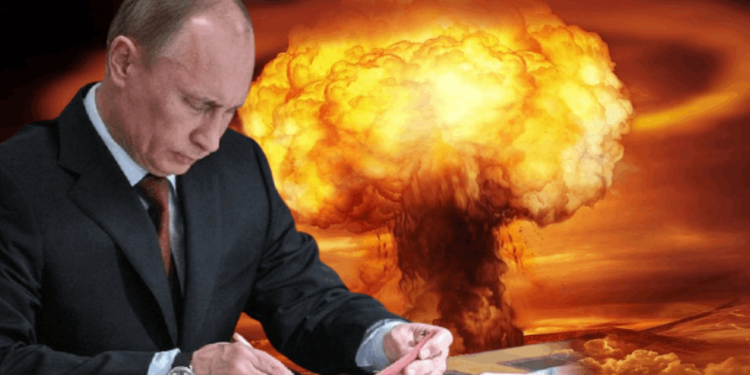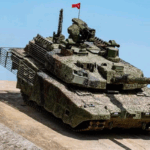Summary by Geopolist | Istanbul Center for Geopolitics:
The article analyzes the recent developments in Russia’s nuclear doctrine, emphasizing the changes that have occurred over the past 15 years, particularly the notable adjustments made in 2024. At the outset, the doctrine exhibited a degree of caution, permitting the use of nuclear weapons solely in the context of existential threats or as a response to weapons of mass destruction. Recent changes indicate that Russia has decreased its threshold for nuclear response, incorporating criteria that would warrant such a reaction to conventional attacks if they are backed by nuclear powers, jeopardize sovereignty, or involve advanced aerial and space weaponry.
These changes come at a time when Western nations are heavily involved in arming Ukraine. Russia’s modifications seem intended to deter Western support by signaling that any attack—even conventional—could provoke a nuclear response. This ambiguity aims to create fear of escalation, but it also stretches Russia’s credibility. The doctrine now suggests nuclear retaliation in scenarios that may not meet traditional thresholds, such as non-nuclear attacks by Ukraine using Western-supplied arms.
The article examines the strategic rationale and practicality of these threats, especially in light of the diplomatic consequences. The potential use of nuclear weapons against a non-nuclear state such as Ukraine may result in Russia being viewed as a global outcast, which could adversely affect its relationships with allies, including China, that has recently promoted a “no first use” policy. The heightened ambiguity in Russia’s doctrine, while potentially effective in deterring certain Western actions, may ultimately suffer from a credibility deficit owing to the inherent risks and unpredictable outcomes associated with nuclear engagement.
The modifications in Russia’s doctrine reflect a transition to a more assertive nuclear posture aimed at exerting pressure on Western governments. Nevertheless, the West approaches the situation with caution, carefully assessing these threats in relation to historical trends and the inherent limitations of Russia’s nuclear capabilities, which primarily serve as a deterrent.
Read more here.







